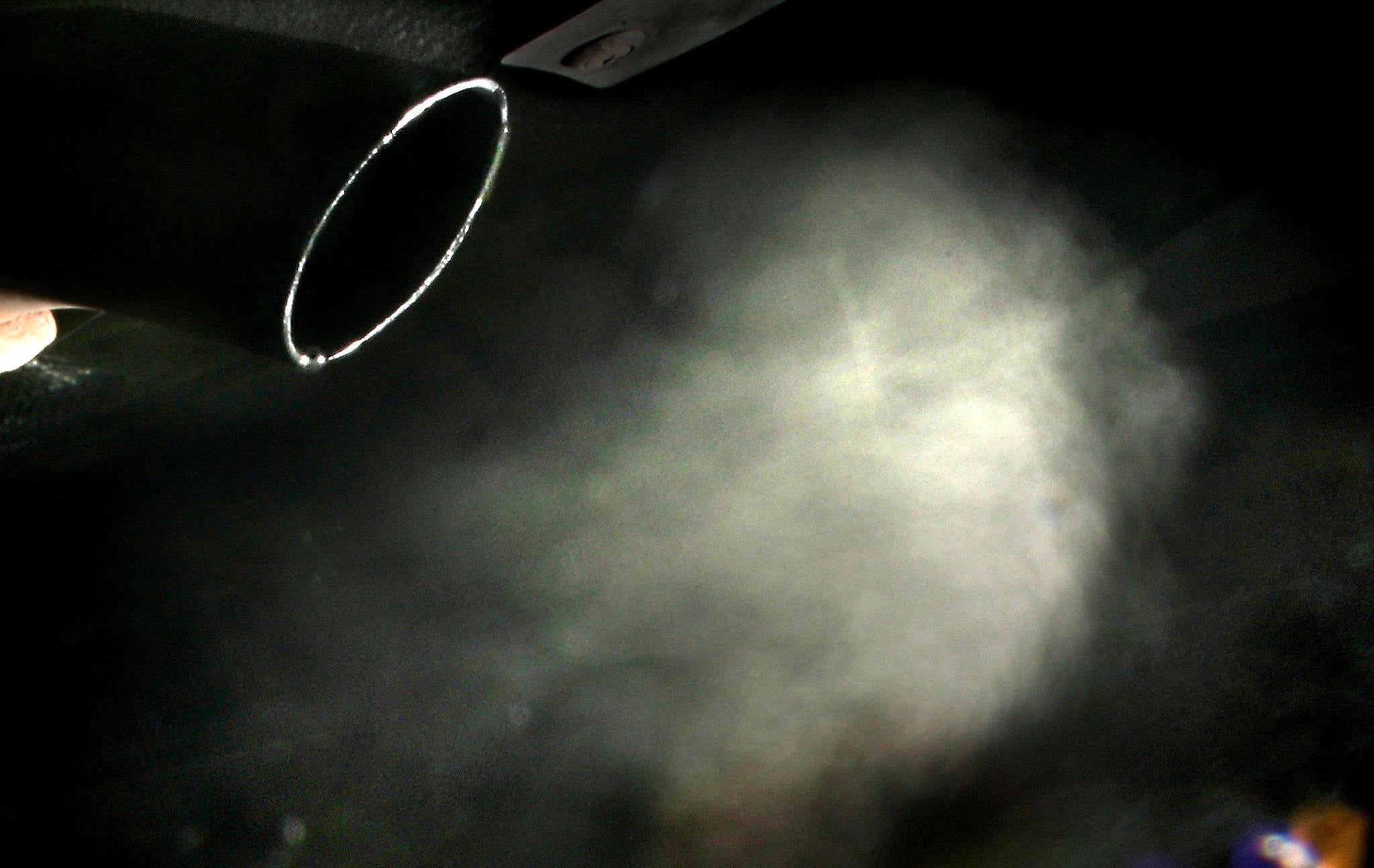Efforts to reduce car use are ‘shifting up a gear’, says minister
Transport minister Graeme Dey has published a road map to cut car use by a fifth by 2030.

Your support helps us to tell the story
From reproductive rights to climate change to Big Tech, The Independent is on the ground when the story is developing. Whether it's investigating the financials of Elon Musk's pro-Trump PAC or producing our latest documentary, 'The A Word', which shines a light on the American women fighting for reproductive rights, we know how important it is to parse out the facts from the messaging.
At such a critical moment in US history, we need reporters on the ground. Your donation allows us to keep sending journalists to speak to both sides of the story.
The Independent is trusted by Americans across the entire political spectrum. And unlike many other quality news outlets, we choose not to lock Americans out of our reporting and analysis with paywalls. We believe quality journalism should be available to everyone, paid for by those who can afford it.
Your support makes all the difference.Efforts to reduce car use in Scotland by 20% are “shifting up a gear”, the Transport Minister has said, as he published a route map for achieving the goal by the end of the decade.
As part of its climate change commitments, the Scottish Government have pledged to reduce the use of cars, measured as “car kilometres”, by 20% by 2030.
Graeme Dey said it promoted sustainable travel under four broad headings: travel less, stay local, switch mode and combine journeys.
However, an opposition politician said the plan contained little “meaningful action”.
Speaking about the target in the Scottish Parliament on Thursday, Mr Dey said: “I’m not aware of any other country in the world which is committing to such an ambitious objective.”
He continued: “Understanding how people currently use their cars, alongside strong evidence that people want to see more Government action taken to address climate change, allows us to start a national conversation, to support people to do what they tell us they want to do to cut the distance they travel by car.
“We’ve done this for some time. But today we shift up a gear and with a much clearer destination.”
He said the route map will challenge the status quo where “car is king”, setting out more than 30 interventions, some of which are already under way.
They include a plan for workplace parking regulations in spring this year, low-emission zones in mid-2022 and a national ban on pavement parking in 2023.
Research will also be commissioned on how to use demand management to discourage car use, he said.
Conservative MSP Graham Simpson said: “Like many Government documents, it’s full of warm words but little in the way of meaningful action.”
He asked for more detail on where the 20% reduction would come from, saying cars were a “necessity” in some rural areas.
Mr Simpson added: “We’ve had vague promises for years for a national smart card for public transport.
“No sign of that yet, and yet delegates to Cop26 were able to have one.”
Mr Dey said the document was a “starting point” and expectations would differ between rural and urban communities.
Work on the national smartcard would be “progressed throughout this year”, he said.
Scottish Labour’s transport spokesman Neil Bibby hit out at the plans for workplace parking regulations.
He said: “It beggars belief that the SNP are pressing ahead with these misguided plans in the midst of a cost of living crisis.
“It is bare-faced hypocrisy to punish people for relying on cars after letting our public transport system collapse.
“We need to reduce car use by building an affordable, reliable and accessible public transport – not by forcing people to pay for the privilege of going to work.”